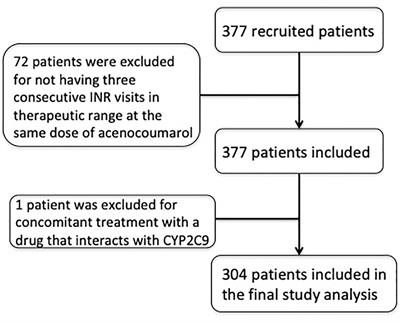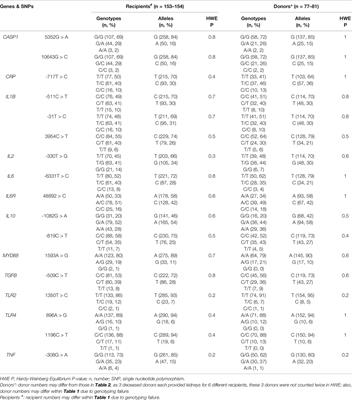EDITORIAL
Published on 14 Aug 2020
Editorial: Pharmacogenetics Research and Clinical Applications: An International Landscape of the Accomplishments, Challenges, and Opportunities
doi 10.3389/fphar.2020.01217
- 1,796 views
- 5 citations
15k
Total downloads
88k
Total views and downloads
Select the journal/section where you want your idea to be submitted:
EDITORIAL
Published on 14 Aug 2020
ORIGINAL RESEARCH
Published on 11 Aug 2020

ORIGINAL RESEARCH
Published on 11 May 2020

BRIEF RESEARCH REPORT
Published on 07 May 2020

ORIGINAL RESEARCH
Published on 06 Apr 2020

ORIGINAL RESEARCH
Published on 20 Feb 2020

ORIGINAL RESEARCH
Published on 31 Jan 2020
ORIGINAL RESEARCH
Published on 31 Jan 2020
ORIGINAL RESEARCH
Published on 28 Jan 2020
ORIGINAL RESEARCH
Published on 22 Jan 2020
ORIGINAL RESEARCH
Published on 17 Jan 2020
ORIGINAL RESEARCH
Published on 10 Oct 2019

Frontiers in Genetics